Is there a better alternative to evidence based medicine?
What is it and how can it help me?
In the final article of this 3 article series, I’ll discuss the middle ground approach to making healthcare decisions – evidence based behavioral practice – and why it is more pragmatic and achievable in a clinical practice.
Evidence Based Medicine
In my previous two articles in this series, Evidence Based Medicine – Keep it in Prospective & Chemotherapy & Parachutes – When Evidence Based Medicine Fails to Save the Day, I have discussed that while evidence based medicine (EBM) is important for progress in health care, it is not always practical. Often, your observations, logic and cognitive skills are just as important, or more so, than EBM.
The Middle Ground Approach
Regardless of the financial influence of the insurance industry, a middle ground approach (evidence based behavioral practice or EBBP) is more pragmatic and achievable in a clinical practice than EBM. EBBP is an example of a more prudent and practical approach that involves making healthcare decisions based upon a collection of parameters to include:
- The best available evidence
- Provider expertise
- The characteristics, state, needs, values and preferences of those who will be affected
- It is provided in a manner compatible with environmental and organizational context
Under this approach, evidence consists of research findings derived from a systematic collection of data through experiment, observation, formulated questions and tested hypothesis to achieve effective care (EPC). EPC is a comprehensive and dynamic process with many changing parameters. To focus entirely on EBM eviscerates the very aspect of being a health care provider and relegates each of us to that of the old term: Color coded monkeys, who emulate the same stimulus response without the understanding, or the skills necessary to respond to real life variables through spontaneous innovation.
We cannot wait for all procedures to be proven beyond a shadow of a doubt while patients suffer for lack of a better way.
My Rx - use your parachute when jumping and don’t wait for that randomized, double blind, controlled study before stepping in front of a moving bus.
Subscribe & Share
About The Author
Dr. Frank Jarrell is the leading expert on spondylogenic reflex syndromes and is the founder and developer of Spondylogenic Reflex Analysis (also known as Spinal Reflex Analysis) and Spinal Reflex Therapy. Learn more about Dr. Jarrell.





Don’t waste time and money on under-performing strategies and equipment. These simple tips have formed my patient management approach. If I invest in myself, my skills, the patient and the best tools in my trade, my ROI will always bring me Happiness.